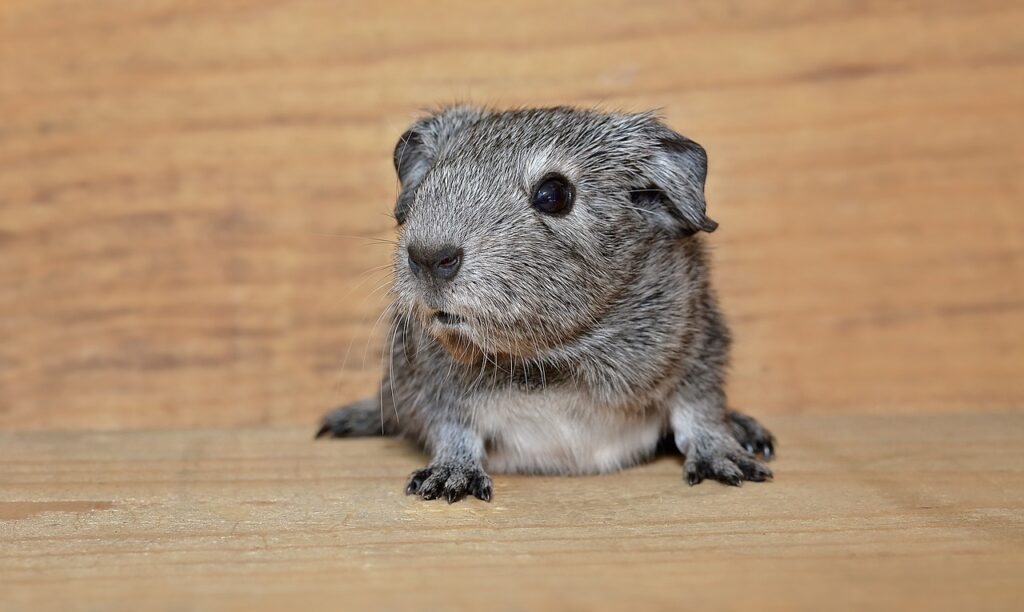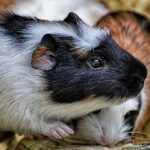Can Guinea Pigs Eat Parsnips? — Let’s Find Out!
Guinea pigs, known for their adorable squeaks and fluffy coats, are herbivorous rodents that primarily feed on hay, fresh vegetables, and fruits. As a responsible guinea pig owner, you might be wondering whether parsnips can be included in their diet. In this blog, we’ll explore the suitability of parsnips for guinea pigs and provide valuable insights for their optimal nutrition.
The Advantages of Parsnips for Guinea Pigs
Parsnips, with their distinctive taste and nutritional content, can offer a few health boosts to our furry friends. These root vegetables are rich in essential vitamins and minerals, such as vitamin C, vitamin K, folate, and potassium, which are beneficial for guinea pigs’ overall wellbeing.
Nutrient-Rich Goodness
The high vitamin C content in parsnips helps guinea pigs meet their daily vitamin C requirements. Guinea pigs, being unable to produce their own vitamin C, rely on dietary sources for this vital nutrient. Including parsnips as a part of their varied diet can contribute to a well-rounded vitamin intake.
Bone and Heart Health
Parsnips contain a good amount of vitamin K, which is essential for maintaining strong bones and hearts in guinea pigs. This nutrient facilitates proper blood clotting and aids in preventing bone-related disorders, ensuring a healthy and active lifestyle for our little pals.
Recommended Frequency and Quantity
While parsnips have their advantages, it’s important to offer them in moderation and as a complementary part of a balanced diet. As a general guideline, you can introduce parsnips to your guinea pig’s diet once or twice a week, alongside their staple diet of hay, fresh greens, and high-quality guinea pig pellets.
When starting with parsnips, it’s crucial to introduce them gradually and observe your guinea pig’s response. Begin with a small portion, approximately the size of your guinea pig’s ear, and monitor for any signs of digestive distress. If they tolerate it well, you can gradually increase the quantity while still maintaining moderation.
Potential Cautions for Parsnips
Although parsnips are generally safe for guinea pigs, there are a few considerations to keep in mind. These root vegetables are known for their higher levels of oxalates, which may contribute to the formation of calcium oxalate bladder stones in guinea pigs. Therefore, it’s important to provide parsnips in moderation and alongside calcium-rich foods, such as dark leafy greens, to minimize any potential risks.
Parsnips for Other Pets
While parsnips can be a delightful addition to a guinea pig’s diet, it’s important to note that not all pets can enjoy them safely. Parsnips are suitable for guinea pigs, but it’s essential to research and consult with a veterinarian before including them in the diet of other pets, as their nutritional needs may differ significantly.
Conclusion
To conclude, parsnips can be included in the diet of guinea pigs as a nutritious and tasty treat. They provide essential vitamins and minerals, offering numerous health benefits for our adorable companions. However, it’s important to remember that moderation is key, and parsnips should be introduced gradually while considering potential risks. As a responsible guinea pig owner, always prioritize a balanced diet and consult with a veterinarian for personalized dietary recommendations.






